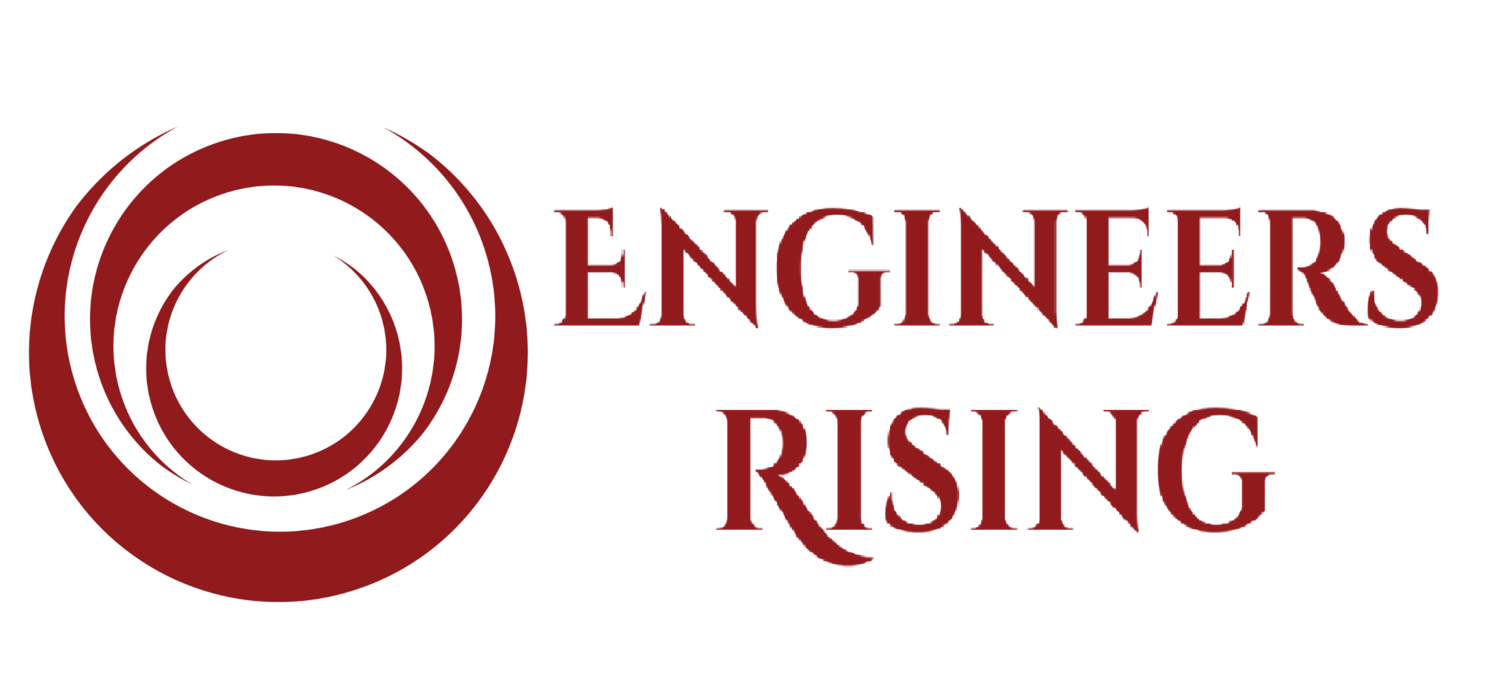I recently answered an anonymous question on Quora.com that asked “I’m the only genius at work, but also the least appreciated. Why is that?”
This question struck a chord with me, as it might with you. If you’ve ever thought to yourself some variation of “I am really smart, I’m an engineer!” you might be able to relate.
We all want to be appreciated. We want to be recognized for our abilities. Yet, I can’t tell you how often I – and many of the engineers I’ve connected with – complain that they aren’t appreciated. That the companies we work for and the clients we work with don’t understand the value we bring.
I’ve done it too. Have you ever thought any of the following?
“I don’t like working with [enter coworker name here]. He always finds fault with my work.”
“No one in my office cares about me other than to get the job done.”
“That client is never happy with our work, no matter how many options we design.”
“I’m smarter than [enter manager name here]. I should be in charge.”
“Everybody knows [enter technical “truth” here]. It’s so obvious! I can’t believe [enter coworker name here] didn’t know.”
What are the themes here? They are all thoughts about you, with some reference to your intelligence. They are a variation on the “I am smart, I know best” theme.
When I was in elementary school, there was a boy, let’s call him “Ted” for privacy’s sake. Ted was really smart, and knew it. He never hesitated to tell all the other kids that they were wrong. He was always correcting someone, and it didn’t matter if it was on the playground or in class.
Not surprisingly, when it came time to pick partners for a class project, Ted always had difficulty finding a partner. Even though (in my opinion) he really was the smartest kid in the class, no one appreciated his intelligence because his attitude and ability to communicate with others got in the way.
A similar story happens all the time in the corporate world. Many engineers don’t feel appreciated. Why? It’s because your success at work – just like in the case of Ted in school - is extremely dependent on your ability to communicate with others.
Many engineers are smart, even genius level. We generally relied on our smarts to get us through school and into a top job. However, along the way some of us became like Ted. We didn’t realize (nor did our educators teach us!) that we also needed to learn “people skills” in order to let our technical abilities shine.
Here is the hard truth: no one cares how smart you are, only what you can do for them. They care if you can solve their problem and can make them feel (and look) good doing it.
That’s it. If you do that, you’ll be appreciated. And if you do it over and over again? That’s how appreciation turns into a raise, a promotion, or the opportunity to work on a high-profile project.
Don’t be like Ted. Let’s look at a few quick ways to show appreciation at work.
If you are like most engineers, including me early in my career, you may have discounted the importance of making your clients, coworkers, or managers feel that they matter while you are solving their problem.
You may be tempted to only focus on the correct technical solution. If you don’t yet have much experience in a role, you may be determined to compensate by learning everything (great!) so you can be right all the time (not so great).
Did you know that when you ask someone for a favor, it actually makes them feel good and they are more likely to appreciate you? If you don’t believe me, go ahead and Google “Ben Franklin effect” now. This effect has been noted in successful mentor/mentee relationships, and is cited famously in Dale Carnegie’s best-selling book, How to Win Friends and Influence People, which has sold 15 million copies since it was written in 1936.
Sometimes extremely smart people think they know everything and never ask for help. They may also be judgmental when others’ opinions don’t agree with their own. I’ve personally been guilty of this myself many times until I recognized what I was doing. Put another way:
How to Demonstrate Gratitude at Work
Here are two quick and simple things you can do each day to demonstrate gratitude at work. They must be done sincerely and without any expectation of something in return to be successful. But if done sincerely, it will not take long before your positive attitude and appreciation for others’ work will come back to you.
Ask one person for help or advice every day. This does not have to be for a work task, especially if it feels awkward for you the first time you try it. It could be for advice on a non-work topic, for example: “I want to go on a tropical vacation, you just went on one, where would you recommend?” Another one you can use: “I’m taking my girlfriend/boyfriend out this weekend, where would you go?”
Give a sincere thank you every day. This is NOT begrudgingly mumbling “thank you” in passing. This is giving a thoughtful thank you combined with a sincere complement. For example, let’s say John on your team was on the way past the printer, picked up a paper you just printed and brought it to you as he was walking by your desk. You could say “John, thanks for bringing me this paper. I really appreciate your initiative in helping me out, even though you didn’t need to.” To emphasize, it has to be a sincere thank you or complement.
I will be the first to admit that I am more successful on some days than others practicing gratitude. When I first started intentionally practicing gratitude, it certainly felt awkward. I wasn’t used to paying attention to the daily “small wins” of my teams, and I definitely wasn’t used to admitting I could use some help.
Try it and watch what happens. For me, expressing gratitude created a more cohesive team and built trust between team members. Gratitude also appeared to “rub off”, creating a more collaborative and productive team environment all around.
ADDITIONAL RESOURCES
GIVE AND TAKE
Give and Take will become a classic business book. (I also have this one on Audible.) If you want to know why “Givers” are at both the top and bottom of the success ladder (and how you can be one at the top), this is the book for you. It’s also a great reminder that “we get what we give", supported by hard data.









